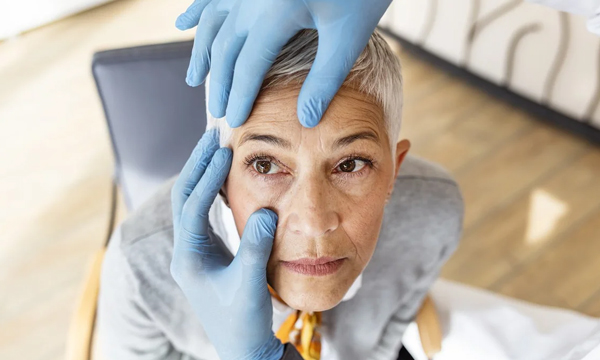
Our optometrist at Amazing Eye Care has completed internship training and worked closely with cataract surgeons to provide top-notch co-management for cataracts. They are skilled at detecting early signs of cataracts, allowing for monitoring and slowing down their progression. Additionally, our optometrist can assess if your cataracts have advanced to a stage that requires surgery.
If you have been diagnosed with cataracts, you may be worried about needing surgery soon. However, there are preventive measures you can take to slow down the progression of cataracts and protect your vision. While surgery may be necessary eventually, these steps can help postpone the need for it for a significant period of time.
Guard your eyes from the sun
Avoid Steroid Eye Drops
Review Your Medications
Quit Smoking
Adopt eye-healthy dietary habits
Studies have shown that certain vitamins and nutrients, particularly antioxidants, can help improve eye health as we age. If you have been diagnosed with cataracts, adding antioxidant-rich foods to your diet may slow down the progression of the condition. Some examples of these foods include dark chocolate, blueberries, strawberries, pecans, carrots, sweet potatoes, artichokes, kale, red cabbage, beans, beets, spinach, apples, and plums.
Doctors recommend increasing your intake of omega-3 fatty acid-rich fish to reduce the risk of cataracts or slow their development. Taking a multivitamin with Vitamin C and E may also be beneficial. It is important to consult with a healthcare professional to create a personalized healthy eating plan to prevent cataracts.
Making these dietary changes not only helps prevent cataracts but also reduces the risk of lifestyle diseases like diabetes. Research has shown that a diet high in processed carbohydrates can increase the risk of cataracts. It is essential to create a customized plan that suits your needs and promotes overall well-being.
Take proactive steps to manage your cataract diagnosis by scheduling regular eye exams, communicating effectively with your doctor, and following these tips. By doing so, you can improve your vision and potentially avoid the need for cataract surgery in the future.

